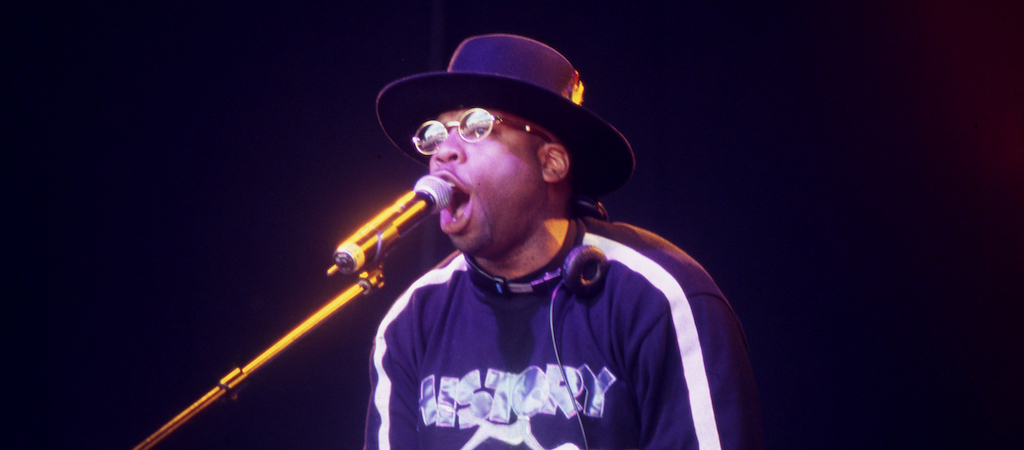The use of rap lyrics in criminal trials has become a controversial issue in recent years, as cases like the racketeering case against Young Thug in Georgia have highlighted the discrepancy between how rappers are treated compared to other artists. As bills like RAP Act are being introduced federally and in states like California and New York to protect artists’ freedom of expression, each new high-profile trial must navigate the increasingly choppy waters of the decision of whether art imitates life.
In the upcoming trial against the accused killer of Jam Master Jay, a judge has determined that “music artists should be free to create without fear that their lyrics could be unfairly used against them.” According to Billboard, Judge LaShann DeArcy Hall has ruled that lyrics cannot be used as evidence against Karl Jordan Jr., who allegedly shot the Run-DMC DJ in his head in 2002. Prosecutors wanted to introduce the lyrics, which refer to just that violent act, as evidence of his involvement in the crime.
“We aim for the head, no body shots, and we stick around just to see the body drop.”
Hall elaborated on Tuesday (January 30), “Courts should be wary of overly permissive rules allowing the use of rap lyrics and videos against criminal defendants at trial. Music artists should be free to create without fear that their lyrics could be unfairly used against them at a trial.” Regarding the lyrics that prosecutors wanted to use, the savvy judge cited lyrics by Nas and Ice Cube, noting that they, like Jordan’s raps, “merely contain generic references to violence that can be found in many rap songs.” “Jordan’s lyrics are simply too imprecise,” she declared.
Her full statements are insightful and measured, and really get to the heart of the problem with using lyrics in court. She even references Kendrick Lamar’s “The Art of Peer Pressure” to point out the difference between artists confessing details of crimes in music and rap music’s incentivized lyrical tough-guy posturing. “Themes of violence and criminality have become so prevalent within the genre that they have little, if any, probative value at trial,” the judge wrote. “It is critical that resolution of guilt and innocence emerge from evidence with a close relationship to a specific criminal act, and not be based on perceptions born from the commercial and artistic promotion of a criminal lifestyle.”
You can read the full decision below.







